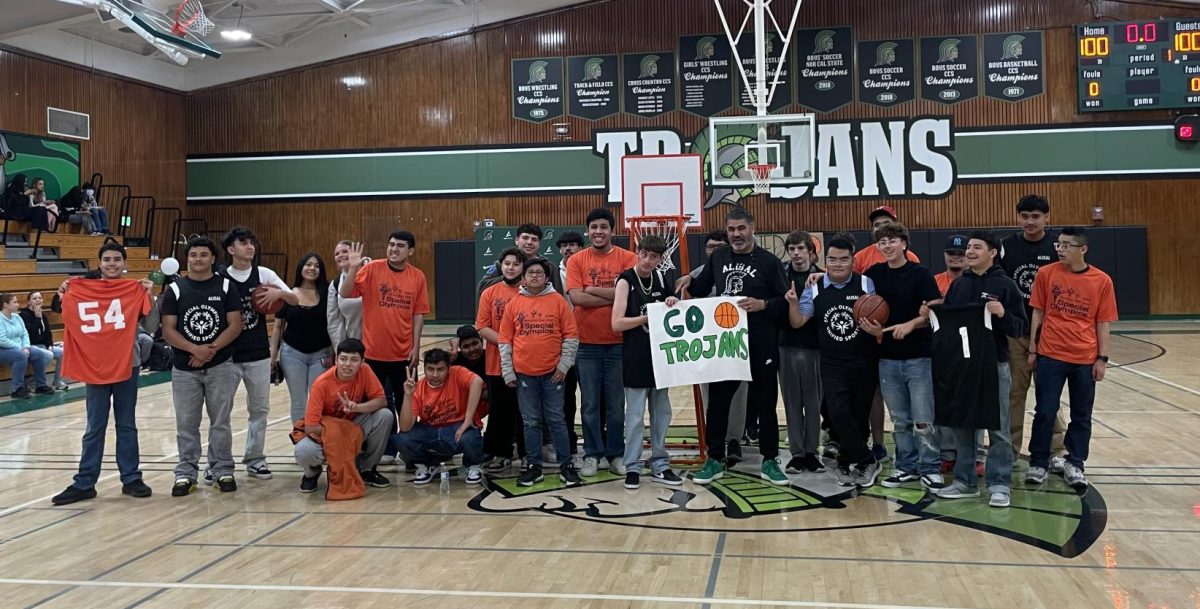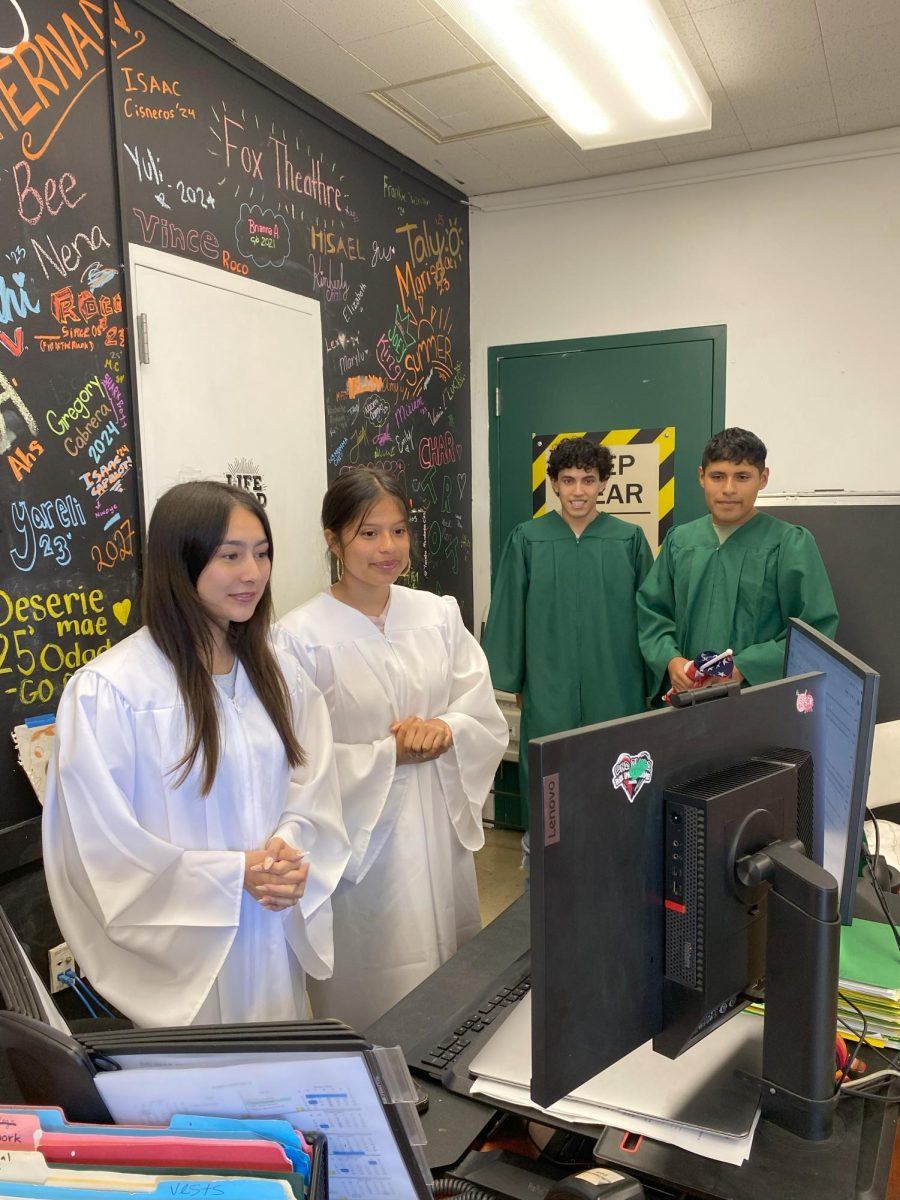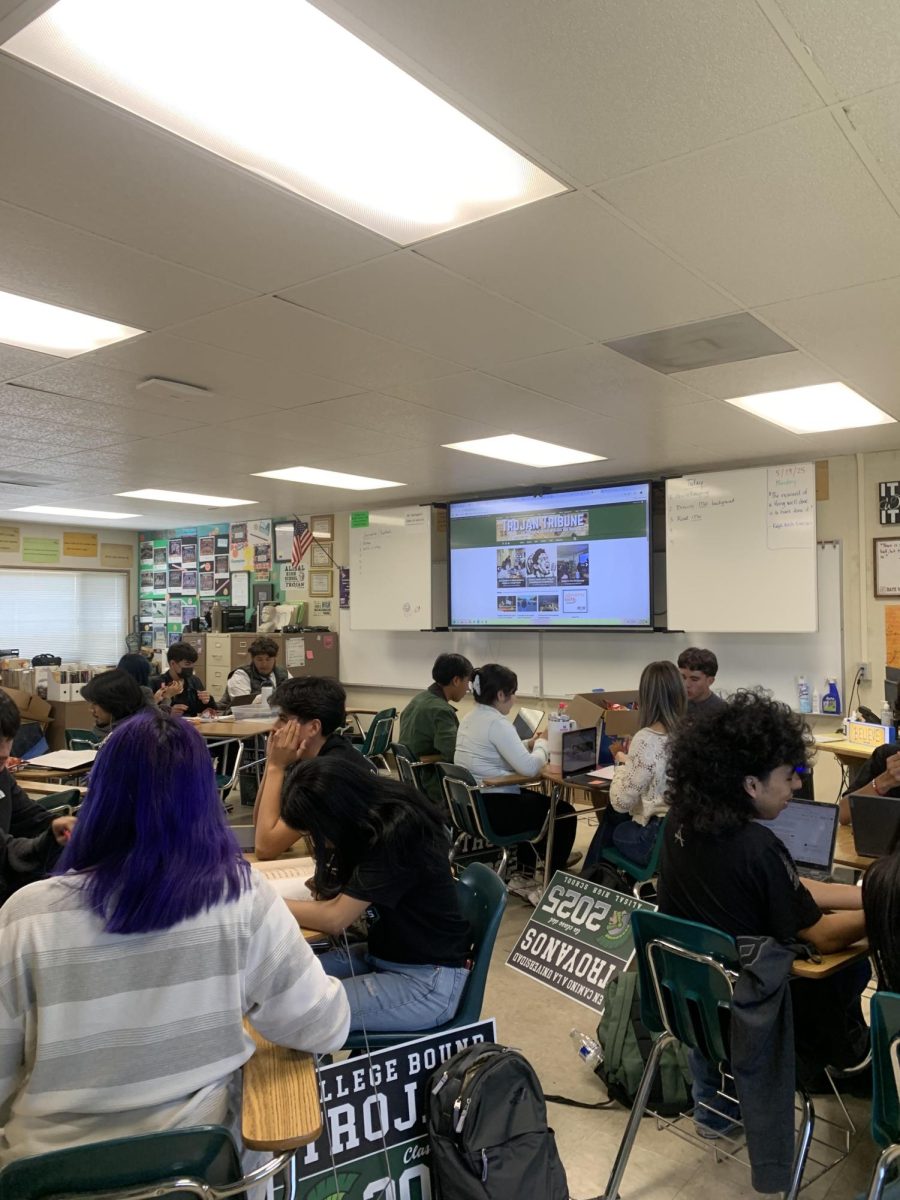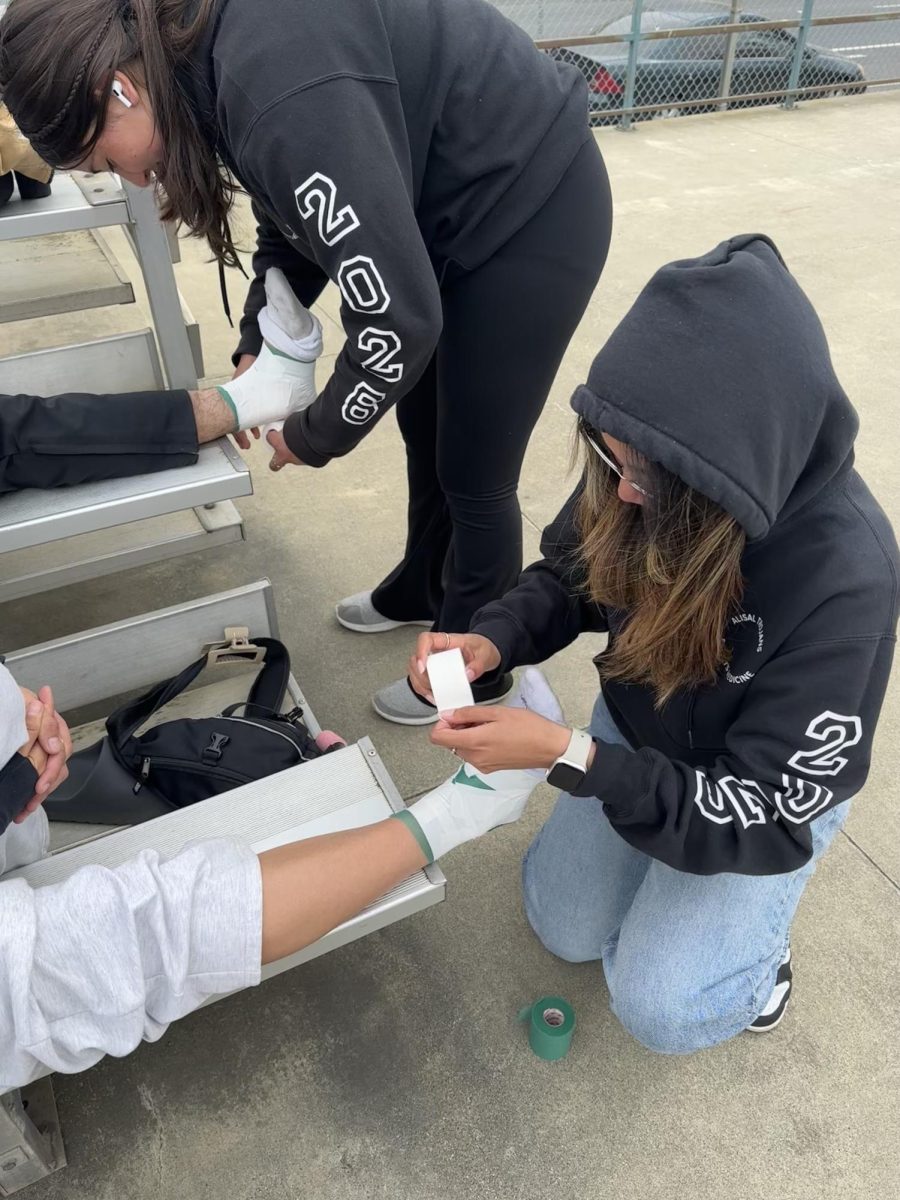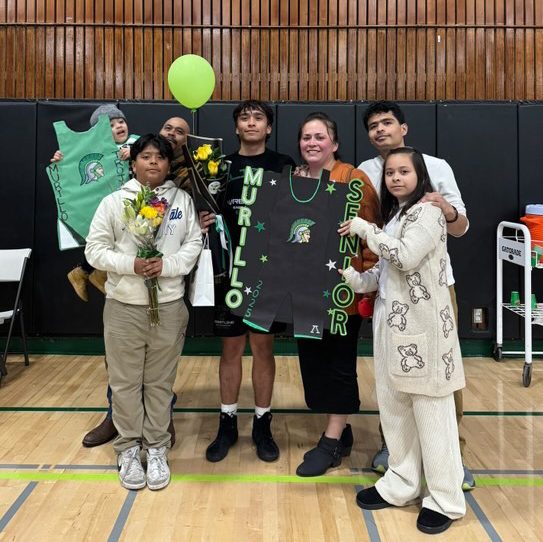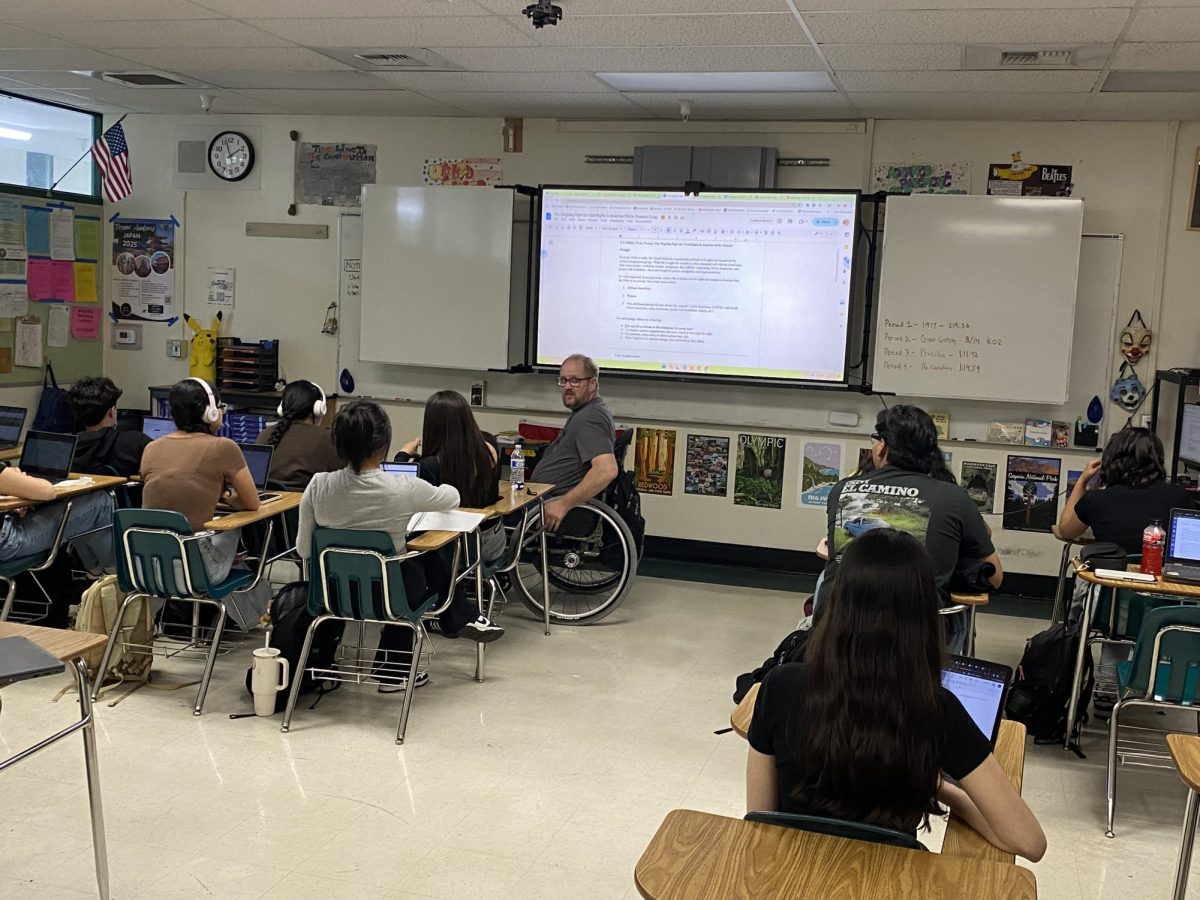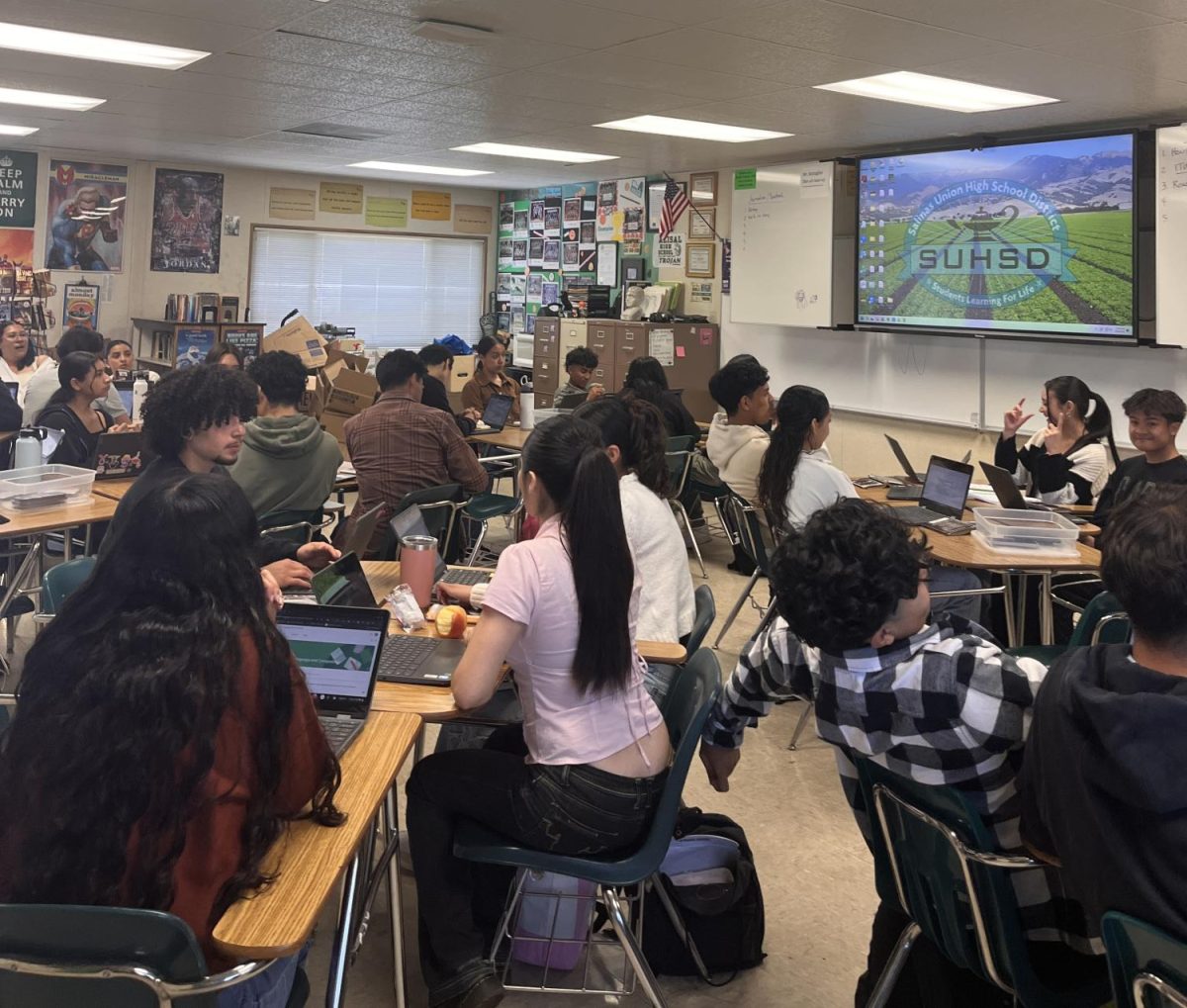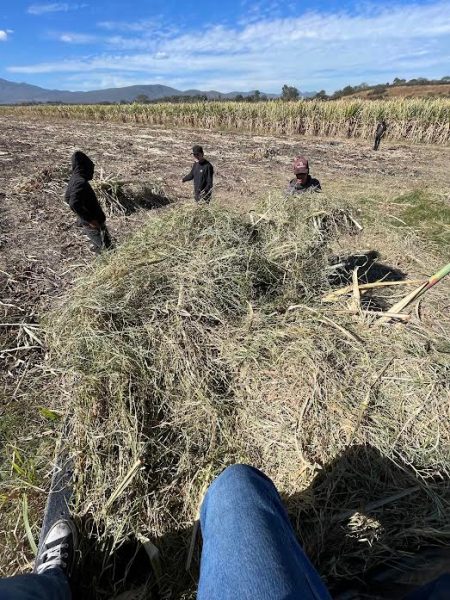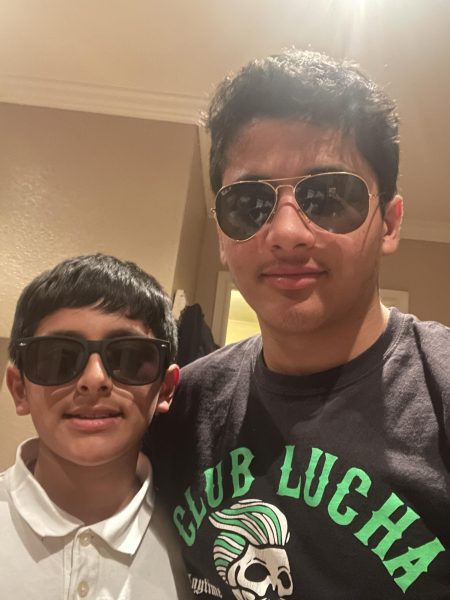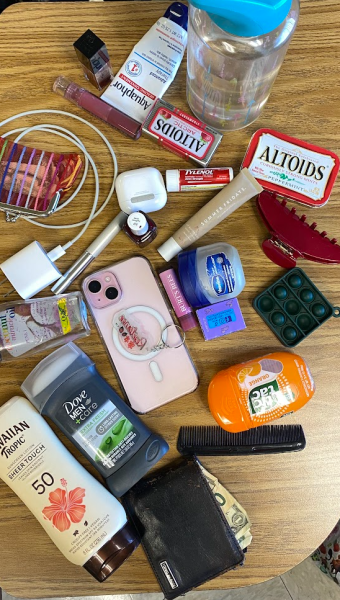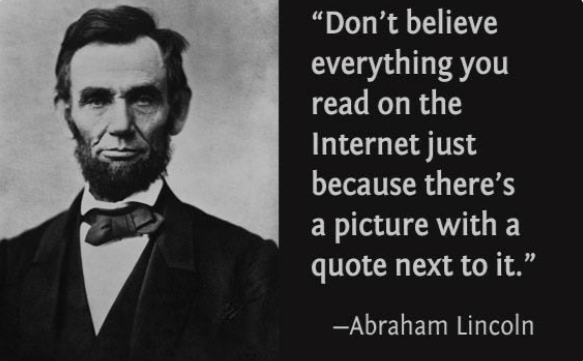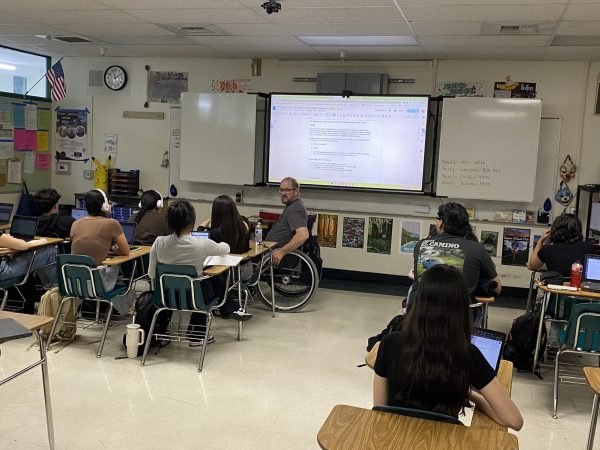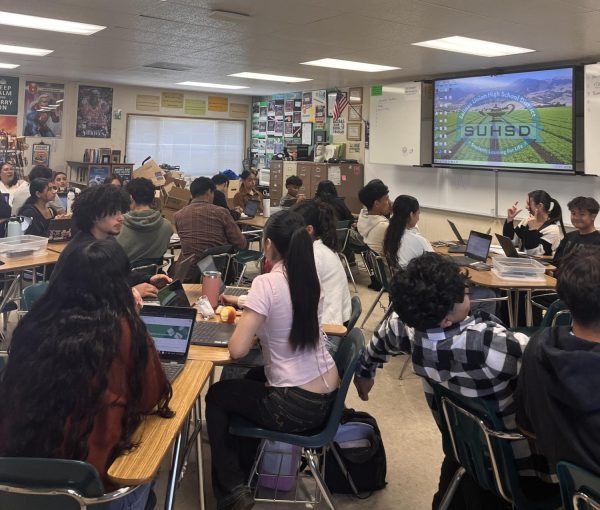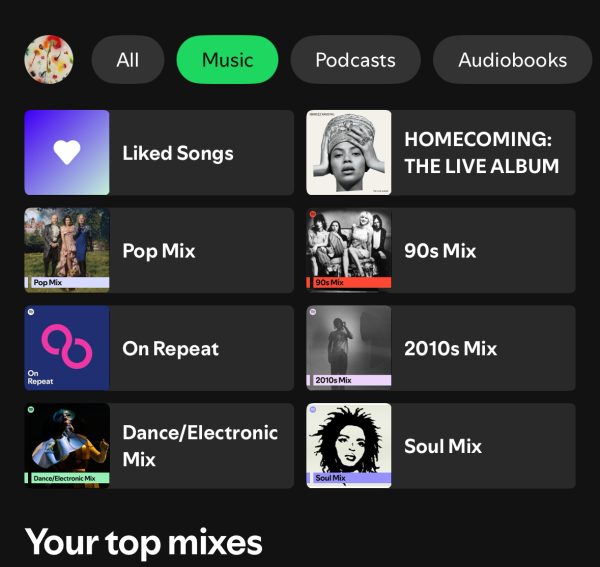Leaving Things to the Last Minute
Since childhood, we’ve been told not to procrastinate- ever. Procrastination, by its dictionary definition, is the action of delaying or postponing something needlessly, or to put off doing something- especially out of habitual carelessness. Now, a more common definition used on a daily basis, procrastination is delaying a task out of laziness; so why do some of us do it?
From many students’ perspectives they do it because it’s simple, effortless, quick to work under pressure, or just to feel the motivational thrill of doing some things at the last minute. I do it because I choose to avoid accomplishing difficult or challenging tasks. Socializing, watching TV, playing video games, or even sleeping are some of the distractions people, including me, create to avoid doing necessary tasks. Students are more prone to procrastination because they are constantly trying to accomplish assignments, but they decide to do otherwise. Whether they do it for a thrill, out of laziness, or to simply delay a task procrastination should be avoidable.
Sometimes, not all procrastination can be avoidable because it is delay. Timothy Pychyl, procrastination researcher, points out that “all procrastination is delay, but not all delay is procrastination.” Delay is the act of postponing until a later time, whereas procrastination is to completely put off a task until the very last minute. Now, “delaying” assignments, which is more commonly done, will always be considered procrastination because of the fact that it’s held back to do other things to avoid actual work. Be that as it may, a whole-family vacation can be delayed due to an unexpected family emergency -procrastination never being involved- will cause the family to postpone their plans for a later time. For example, I once missed a school day because my family’s truck got a flat tire on our way back to Salinas and we couldn’t make it home in time; making all of us miss a day of school or work. This would be an example of not all delay being procrastination because we didn’t intentionally push off our daily routines to do something we all personally enjoy, but because it was necessary.
I have experienced procrastination first hand and it’s awful: I consider myself a HUGE procrastinator. When I entered high school I found it very hard to complete my assignments because I felt I needed time for myself and doing homework just takes up too much time. Turning in assignments, paying for fees, signing up for events, and homework are some of the tasks I mostly procrastinate on. Homework is my biggest issue and I hate the fact that I haven’t overcome it, yet. I usually get home from school, around 3:05pm, and have all the time in the world to do my homework, but I still won’t do it until 8:00pm so I just try to do it as fast as possible so I could go to sleep by 9:00pm; the outcome is a partially done assignment. Procrastination itself, even just the word, feels lazy and will ruin your life and the decisions you make everyday from the moment you wake up to the moment you go to bed.
Cassandra Benavidez, a junior with the same habit, states she has been procrastinating since middle school, “I procrastinate because sometimes I just don’t feel like doing my assignments or paying for sports’ fees when I can probably do it later. It has actually been working for me so far, well, except for yearbook. This is a really bad habit and it’s all about willpower to break free.”
In order to avoid falling into the procrastination cycle, once again, I have decided to set up a To Do List to help me manage my time more wisely and efficiently. Another tactic I am looking forward to accomplishing is doing my homework, or any other assignments, right away when I get home from school so the rest of the day I won’t have to worry about it. For example, my best-friend, Lizzy, is the exact opposite of me; she always does her homework right after school and if it’s homework for the weekend, she’ll get it done on Friday, all of it. Doing this gives her the freedom to do anything she wants all weekend long without stress. On the other hand, Cassandra has actually made procrastination work for her, as she stated in the previous quote.
Although procrastination may work for some individuals, we all need to learn to break that habit. There are various ways we can avoid falling into the procrastination cycle and manage our time more wisely and efficiently. Jordan Bates, a journalist for The Creativity Post, on his article Work Smarter Not Harder lists a few tips to manage time wisely and not get disturbed with nonsense. Here are a few of the ones I believe are the most helpful: get an early start, learn to say “no”, complete most important tasks first, have a time limit in which to complete task, create organizing systems, but most importantly no distractions or excuses. By doing so, one can restrain from doing unnecessary things to avoid doing tasks that actually matter and affect us as individuals.
Your donation will support the student journalists of Alisal High School. Your contribution will allow us to purchase equipment and cover our annual website hosting costs.

